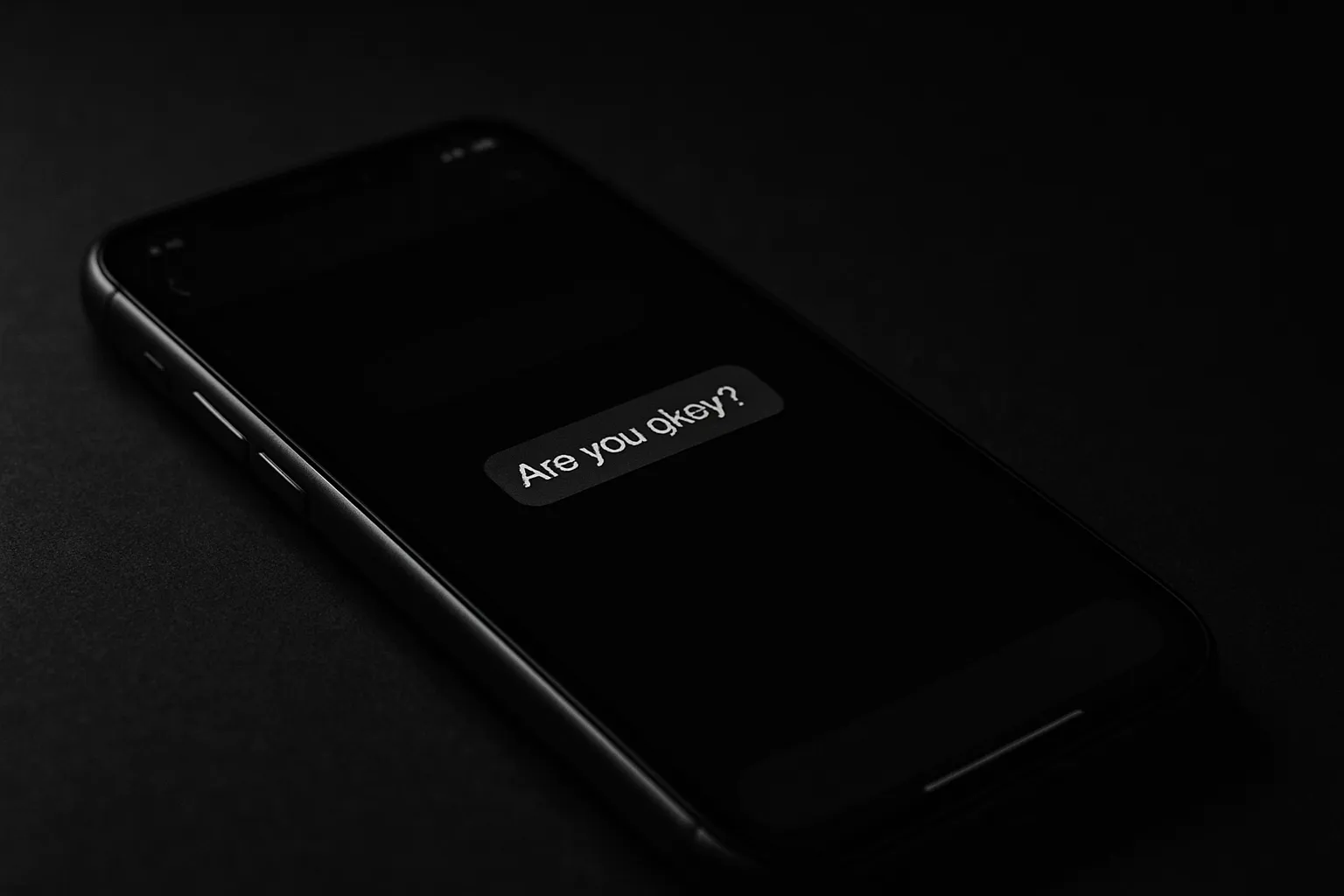The Psychology of Ghosting: Why Some Men Disappear Without Explanation

More Than a Breakup: The Ambiguous Pain of Ghosting
There are many ways to end a relationship, but perhaps none is as cruel and confusing as ghosting. One day you're talking, making plans, sharing parts of your life; the next, there is only silence. No explanation, no closure, just a digital and emotional void. This act of disappearing without a trace can be incredibly damaging, leaving the 'ghostee' to question their reality and their worth. To understand why someone, particularly men in the context of dating, would choose this route, we need to look beyond simple rudeness and delve into the underlying psychology. Understanding the 'why' isn't about excusing the behavior, but about reclaiming your peace of mind.
Factor 1: Pathological Conflict Avoidance
At its core, ghosting is often the ultimate act of conflict avoidance. For some individuals, the prospect of a direct, honest breakup conversation is overwhelmingly terrifying. They lack the emotional tools and maturity to navigate the potential sadness, disappointment, or anger of the other person. The conversation feels like a high-stakes performance they are certain to fail.
- Fear of Emotion: They are deeply uncomfortable with expressing their own emotions and even more so with witnessing someone else's. Your potential tears or anger feel like a personal attack they are ill-equipped to handle.
- Lack of Communication Skills: They simply do not have the vocabulary or confidence to articulate why they want to end things in a way that is both honest and kind. Silence feels safer than saying the wrong thing.
- Selfish Preservation: In their mind, the short-term, intense discomfort of a breakup conversation is a far greater threat than the long-term, ambiguous pain their silence will inflict on you. They are prioritizing their own immediate comfort above all else.
Factor 2: The Avoidant Attachment Style
Attachment theory provides a powerful lens through which to view ghosting. Individuals with an avoidant attachment style often learned in childhood that true emotional intimacy is either unavailable or dangerous. They grow into adults who value their independence and self-sufficiency above all else, and they are quick to feel 'suffocated' by the natural progression of a relationship.
As feelings deepen and expectations for consistency and vulnerability rise, their internal alarm system goes off. Ghosting becomes their ultimate escape hatch. It's a swift, clean way to deactivate the attachment system, sever the threatening emotional tie, and retreat to the safety of solitude without the messy process of a conscious uncoupling.
Factor 3: A Deficit in Empathy, Amplified by Technology
To ghost someone is to fundamentally disregard their feelings. This requires a deficit in empathy—an inability to imagine or care about the emotional turmoil your actions will cause. The digital nature of modern dating can amplify this trait. When interactions are primarily through a screen, it's easier to dehumanize the other person. They can feel less like a real human with a complex inner world and more like a disposable profile in a sea of options.
- The Illusion of Anonymity: With no mutual friends or social accountability, the perceived consequences of disappearing are low.
- The Paradox of Choice: The endless stream of potential matches on dating apps can foster a 'disposable' mindset toward people.
- Reduced Emotional Cues: Without face-to-face interaction, it's easy to forget the impact your digital actions have in the real world.
What This Means for You: The Silence is the Closure
If you have been ghosted, it is crucial to understand this: Their disappearance is not a reflection of your worth. It is a powerful, undeniable statement about their character, their emotional immaturity, and their inability to handle adult relationships. The lack of an explanation *is* the explanation. It tells you everything you need to know about their capacity for respect, courage, and communication.
While the search for answers is natural, you must find closure in knowing that you dodged someone who was incapable of giving you the basic dignity of an honest conversation. Their silence is not a mystery for you to solve; it is a red flag for you to accept. Let their cowardly exit be the reason you confidently walk away and never look back.


